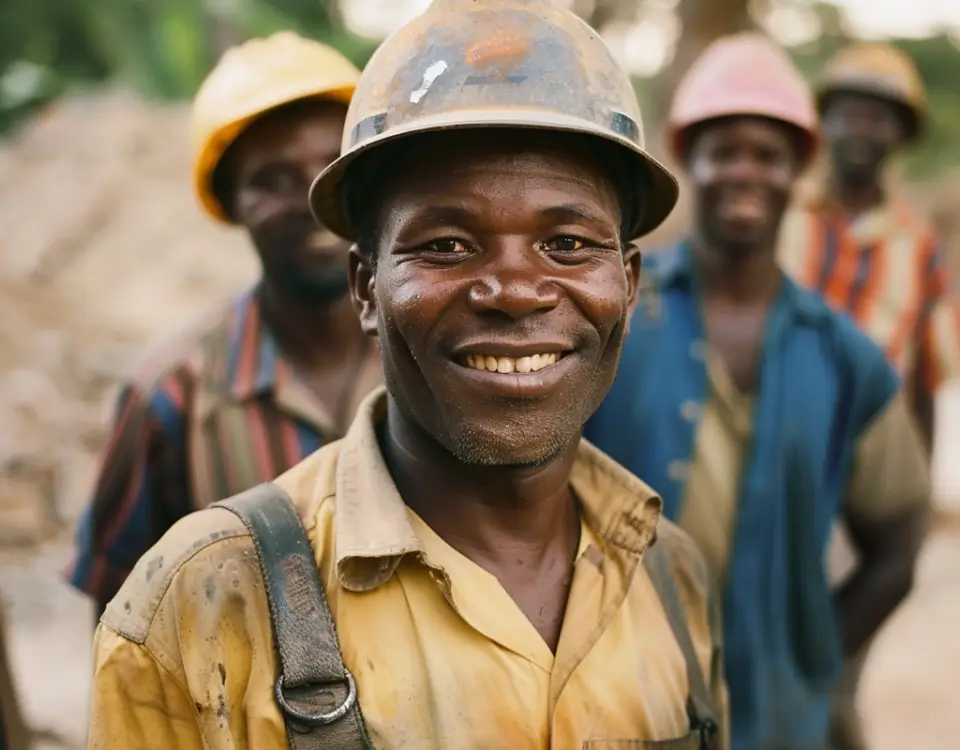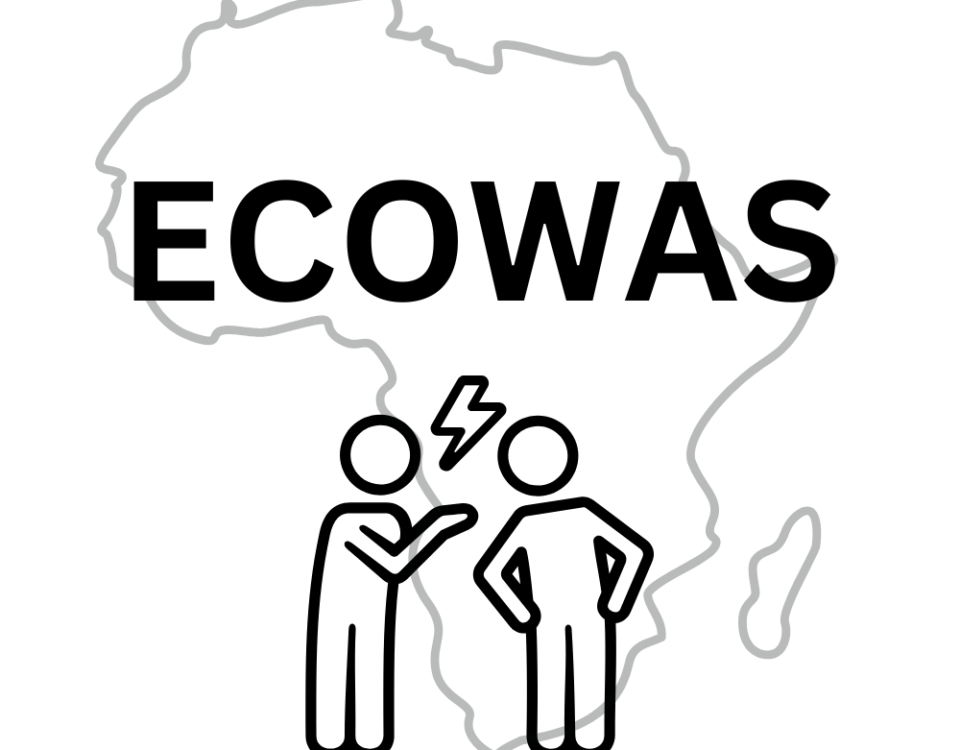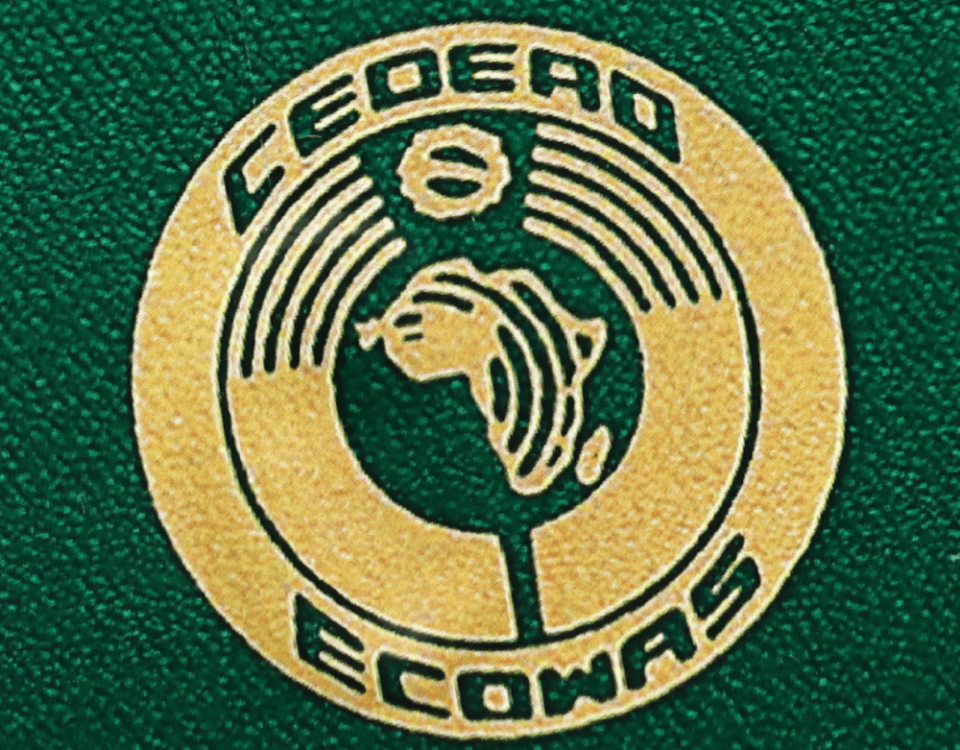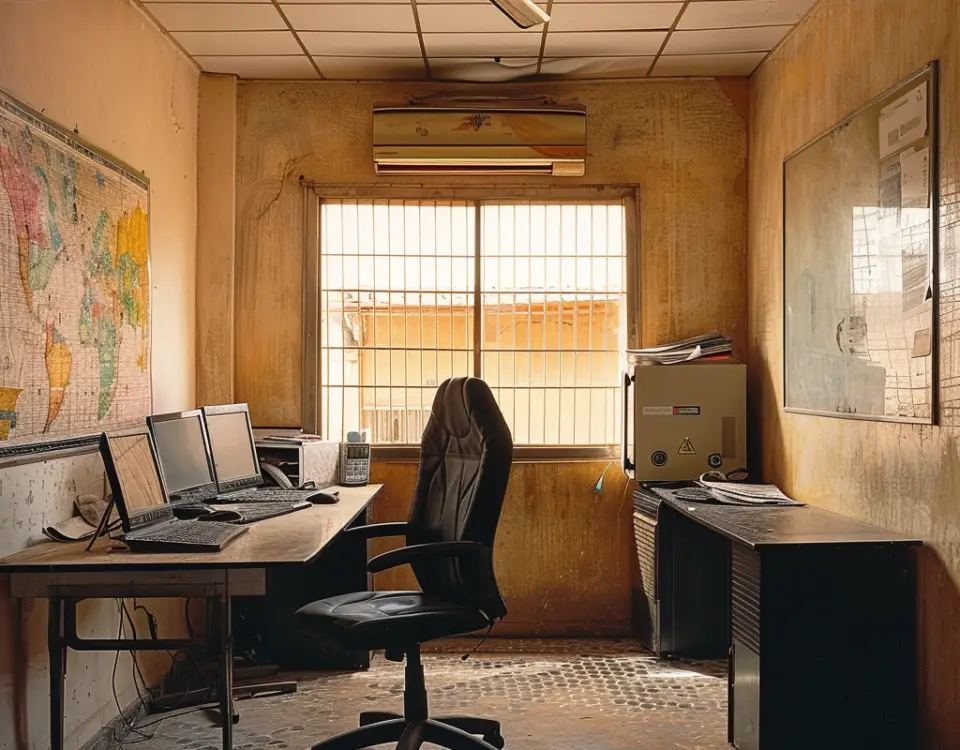The Economic Community of West African States (ECOWAS) is often celebrated as a platform aimed at promoting peace, stability, and economic integration in the region. However, not all countries in the region view this organization positively. Mali, Burkina Faso, and Niger, in particular, have increasingly criticized ECOWAS. Why have these countries withdrawn their support for the organization? What are the causes of the tensions? A critical perspective reveals that behind the facade of cooperation lie fundamental issues and growing dissatisfaction.
Political Tensions and Allegations of Bias
One of the core points of contention is the perception of ECOWAS as a „tool“ for external political interests. Mali, Burkina Faso, and Niger—countries that have all experienced military coups in recent years—accuse the organization of acting without neutrality. ECOWAS responded to these power shifts with sanctions aimed at increasing political pressure on the new military governments. While ECOWAS presents these measures as a way to protect democracy, many citizens and politicians in these countries view the sanctions as punitive actions that primarily hurt their populations.
Examples:
-
After the coup in Mali in 2021, ECOWAS imposed trade sanctions and excluded the country from financial transactions. The economic consequences, however, did not impact political leaders but instead the population already struggling with poverty.
-
Similar actions were taken against Burkina Faso and Niger, with critics emphasizing that ECOWAS often ignores the complex internal problems of these nations.
Many people in these countries no longer see ECOWAS as a mediator but rather as an organization primarily serving the interests of more powerful member states such as Nigeria, or external partners like the EU and the U.S. Following the military coups, the perception has grown that ECOWAS is working against the new rulers rather than addressing the root causes of instability—corruption, poverty, and insecurity.
ECOWAS Criticism: Economic Inequality and Lack of Benefits
Another critical issue is the lack of economic benefits that many member states, particularly poorer ones like Burkina Faso or Niger, derive from ECOWAS membership. While the organization pursues ambitious goals such as a common currency and the reduction of trade barriers, these plans often remain stuck in the conceptual stage. Economic reality paints a different picture:
- Countries like Niger or Burkina Faso have no significant export economy that could benefit from such free trade agreements.
- At the same time, they suffer from weak infrastructure, making integration into regional markets difficult.
One example highlighting this discrepancy is the long-delayed introduction of the common currency „Eco.“ Many smaller nations see the dominant influence of Nigeria and other stronger economies as an obstacle to the equitable distribution of economic gains.
Combined with sanctions that often block trade, many in Mali, Burkina Faso, and Niger question the actual value of ECOWAS membership. For many, it feels more like a burden than a solution.
Security Crises and the Role of ECOWAS
A particularly sensitive issue is the security situation in the Sahel region, marked by Islamist terrorism and widespread instability. Countries like Mali, Burkina Faso, and Niger have been battling groups such as Boko Haram and the Islamic State in the Sahel for years. Critics argue that ECOWAS has played an ineffective role in combating terrorism, despite security being one of its primary objectives.
Rather than promoting long-term solutions, ECOWAS has often relied on short-term strategies such as sanctions or military interventions. One particularly controversial measure was the threatened military intervention in Niger in 2023 following another coup. Many people saw this approach as aggressive and counterproductive, as it risked escalating conflicts in the region. Additionally, ECOWAS’s focus on political sanctions often seems misplaced, as the underlying security problems—poverty, climate change, and weak state structures—remain largely unaddressed.
Public Perception
The criticism of ECOWAS is not limited to the governments of these countries. Many individuals and local movements have also turned against the organization. Protests against the sanctions and what is perceived as the community’s biased policies have become increasingly frequent. For example, Mali has witnessed repeated demonstrations where ECOWAS was described as a „disproportionate puppet of foreign interest groups.“
Public sentiment is further shaped by the growing presence of foreign actors. Countries like Russia, particularly through the Wagner Group in Mali, are gaining increasing influence in the region. Critics accuse ECOWAS of failing to counter this trend, instead opting for political pressure that widens the gap between the organization and its member countries.
ECOWAS Criticism: Conclusion
ECOWAS is facing a severe legitimacy crisis in countries like Mali, Burkina Faso, and Niger. Issues such as perceptions of bias, ineffective security strategies, and a lack of economic benefits have significantly eroded trust in the organization. The recent withdrawals of these nations underline that ECOWAS must reform itself to avoid further loss of influence.
The organization urgently needs to find ways to act credibly, impartially, and sustainably. Without a reorientation, ECOWAS risks undermining itself—and with it, one of its greatest strengths, regional integration in West Africa, may be permanently jeopardized. Whether the organization can rise to meet these challenges, however, remains uncertain.





